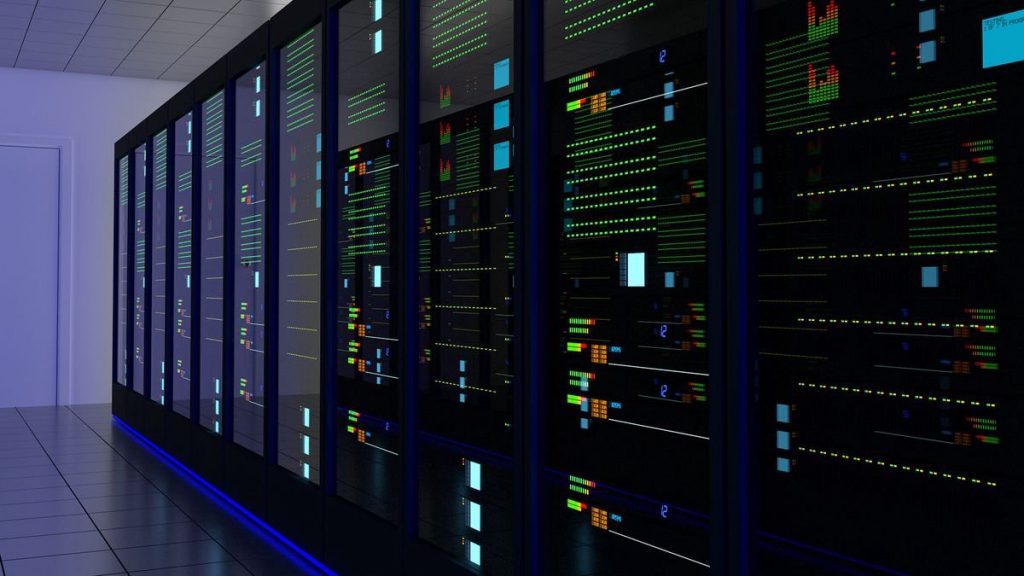Many individuals are turning to dedicated servers as feasible hosting alternatives when it comes to maintaining a single website or even many websites. A dedicated server might be a terrific alternative for you if you’re seeking for a flexible and personalized hosting that will match your individual demands.
Still, if you’re like a lot of individuals who are looking at dedicated hosting, you might be a bit unsure about what it includes. You can make an informed decision about your own hosting needs if you have a better awareness of crucial aspects like the components and size of dedicated servers.
Dedicated Server's Components
Before we go into sizing, it’s important to have a basic understanding of what a server looks like. After all, if you rent one from a hosting business, it will be placed remotely, which means you won’t be able to view it in person.
A strong dedicated server might use up a lot of storage space. Individual servers are often stored by hosting businesses in their own dedicated bays within high-security data centers.
The server itself is made up of a number of components, including:
- A motherboard
- Random Access Memory (RAM)
- Central processing unit (CPU)
- A Disk Drive (Traditional or Solid-State)
- Power Supply
The specs of these components have an impact on how your server works. For example, the quicker a server is, the more powerful the CPU and the more RAM it contains.
Component Sizing and Scaling for Dedicated Servers
Finally, the size of your dedicated hosting server will be determined by your requirements. A server that only needs to host one small company website, for example, may not be particularly huge, but a server that will be handling a global corporation’s email may require substantially more resources and therefore be much larger.
A dedicated server’s size and scale can be influenced by a number of things. To begin with, the processor is one of the most significant components of most servers. The more powerful a CPU is, the more room it requires. To maximize performance, today’s CPUs frequently feature numerous “cores”.
RAM is yet another factor that influences the size and scalability of a dedicated hosting. RAM is the memory required for a server to access information regularly, which can assist to enhance performance and recall times. RAM typically does not take up a lot of space, but it may if you need to run huge apps. You should choose a dedicated server with at least 4GB of RAM.
The quantity of hard drive space required will also have an impact on the size of your dedicated server. This is the point at which you must choose between solid-state drive (SSD) storage and traditional hard drive storage. SSD drives take up less space and have no moving components, making them an excellent choice for simplifying your server and speeding up access times.
Business Advantage Of A Dedicated Server
While dedicated hosting is more expensive than shared hosting, any company that wishes to secure its data and provide the greatest user experience possible may justify the extra expense. A dedicated hosting for business allows you to host several websites while also providing protection that a shared server cannot. A dedicated server, for example, eliminates the need for your company to share an IP address with other websites on the same server.
Dedicated hosting is also completely configurable, allowing you to create a server that perfectly suits your needs. For example, if you require a significant amount of bandwidth each month owing to excessive website traffic, and unmetered host can assist you.
The specs of these components have an impact on how your server works. For example, the quicker a server is, the more powerful the CPU and the more RAM it contains.
Casbay is here to assist if you’re seeking for a dedicated hosting solution you can rely on to meet the rising needs and demands of your company website. To learn more about our dedicated hosting alternatives, contact us now!


